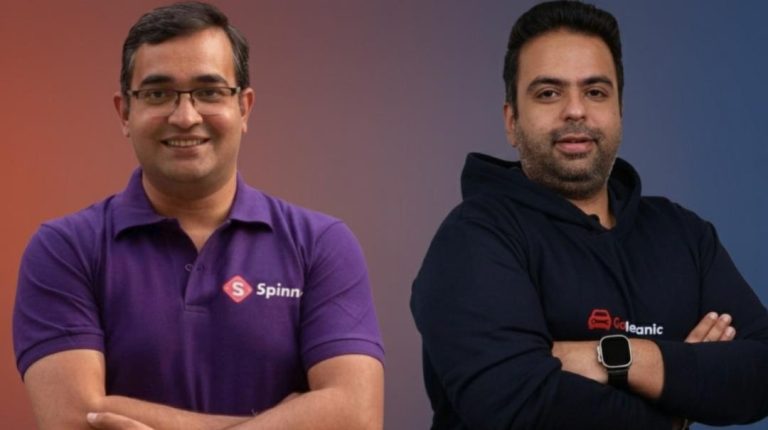
Metaverse Engineer Earning ₹1.2 Cr Now Homeless, Delivering Food: A Cautionary Tale of Unchecked AI Adoption
The rapid advancement of technology has transformed the way we live, work, and interact with each other. The Metaverse, a term coined by science fiction author Neal Stephenson, has gained significant traction in recent years, promising to revolutionize the way we experience virtual reality. However, behind the glitz and glamour of this futuristic realm, lies a stark reality. Shaun, a former software engineer, is a prime example of how unchecked AI adoption can lead to devastating consequences for human workers.
Shaun’s story begins with a meteoric rise in his career. He was a metaverse engineer, earning a whopping ₹1.28 crore annually, making him one of the highest-paid professionals in his field. His expertise in creating immersive virtual experiences for clients was in high demand, and he was at the top of his game. However, fate had other plans. In the blink of an eye, Shaun found himself losing his job due to the increasing reliance on AI-led hiring.
The irony is palpable. Shaun, a master of the Metaverse, was now struggling to make ends meet. With no job prospects in sight, he was forced to take on odd jobs to survive. Food delivery became his latest venture, a far cry from the lucrative career he once had. The once-successful engineer is now grappling with the harsh realities of unemployment, a stark reminder of the devastating impact of unchecked AI adoption.
Shaun’s story is not an isolated incident. The rise of AI-led hiring has led to widespread job losses and displacement, particularly in the tech industry. According to a recent report, AI has replaced over 800,000 jobs in the United States alone, with this number expected to rise to 1.2 million by 2025. As AI becomes increasingly prevalent, it’s imperative to acknowledge the human cost of its adoption.
The Metaverse, once hailed as a revolutionary technology, has become a symbol of the unintended consequences of unchecked AI adoption. Shaun’s story serves as a stark reminder of the importance of balancing technological progress with human well-being. As we hurtle towards a future where AI plays an increasingly significant role, it’s crucial that we prioritize the needs of human workers.
The tech industry’s reliance on AI-led hiring has led to a culture of rejection, where human workers are often deemed unnecessary or redundant. Shaun’s experience is a testament to this. Despite his vast experience and expertise, he was rejected time and again due to the perceived superiority of AI. This has led to a vicious cycle of unemployment, where human workers are forced to compete with machines for limited job opportunities.
The consequences of unchecked AI adoption are far-reaching. Not only do human workers suffer, but the entire economy is also impacted. As AI replaces jobs, it creates a shortage of skilled workers, leading to a decline in innovation and productivity. The lack of human involvement in the creative process also stifles the development of new ideas and solutions, ultimately leading to a stagnation of progress.
Shaun’s story is a wake-up call for the tech industry. It’s essential that we adopt a more balanced approach to AI adoption, one that prioritizes human well-being and job security. This can be achieved by investing in retraining programs for workers affected by AI-driven job losses, as well as implementing policies that promote diversity and inclusion in the workplace.
As we navigate this new era of technological advancement, it’s crucial that we remember the human cost of AI adoption. Shaun’s story is a poignant reminder of the importance of balancing progress with human well-being. By acknowledging the unintended consequences of AI, we can work towards a future where technology serves humanity, not the other way around.
Source:
https://trak.in/stories/metaverse-engineer-earning-rs-1-2-crore-now-homeless-delivering-food/






